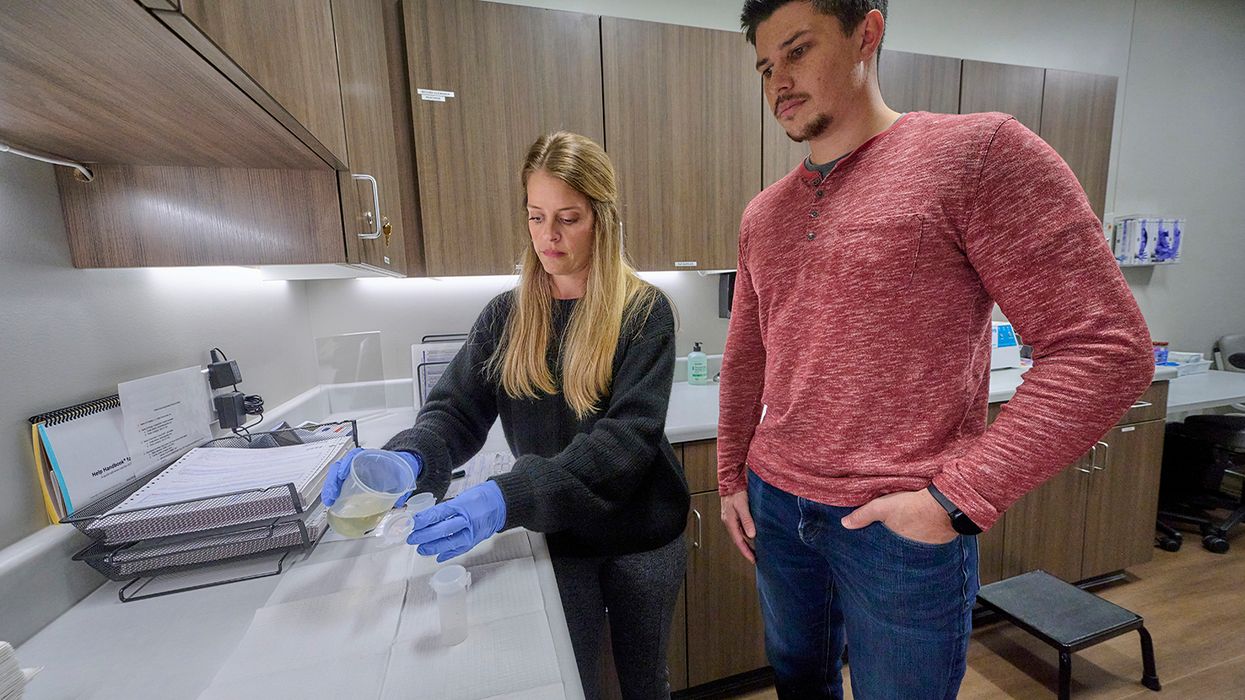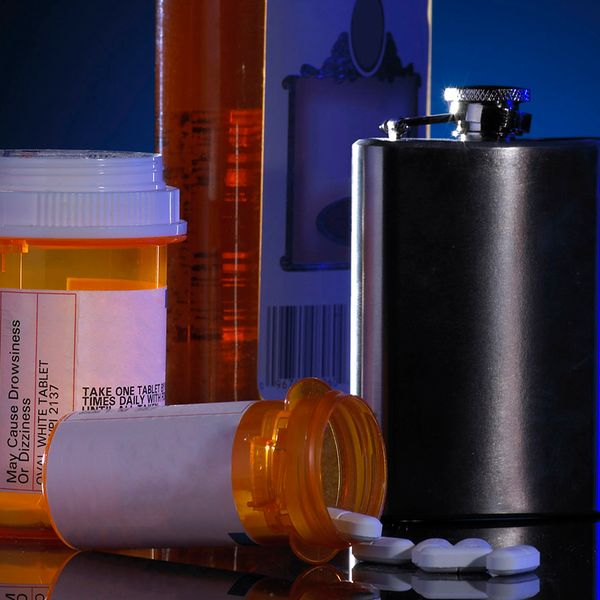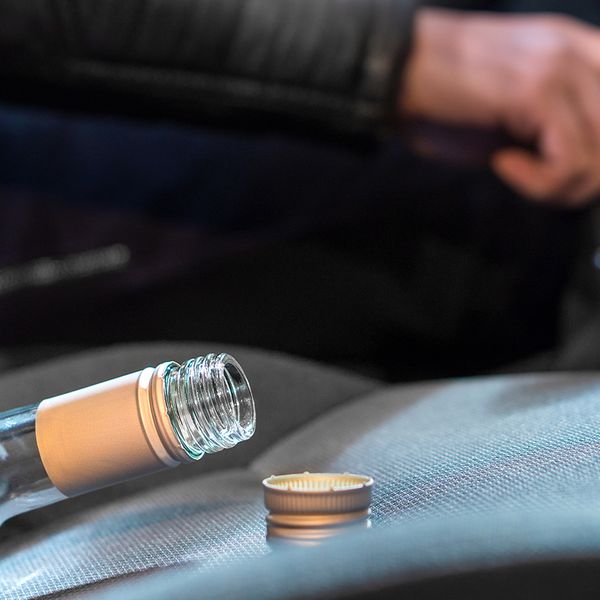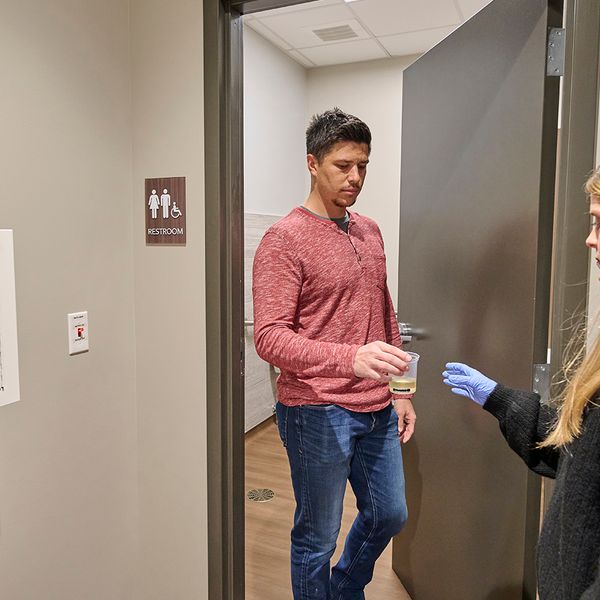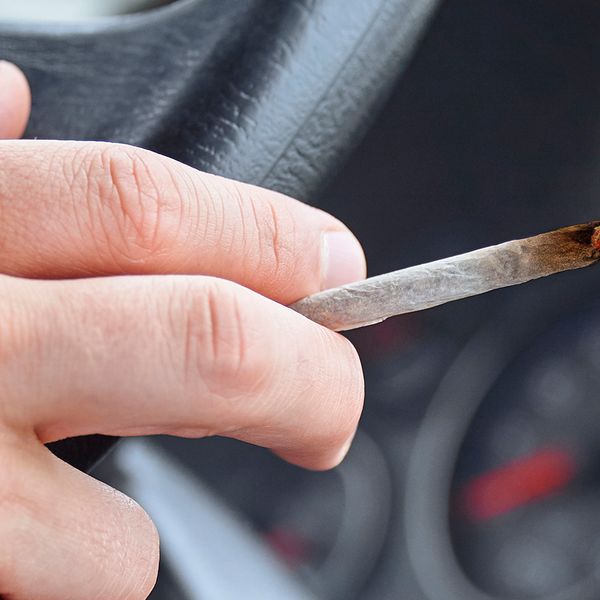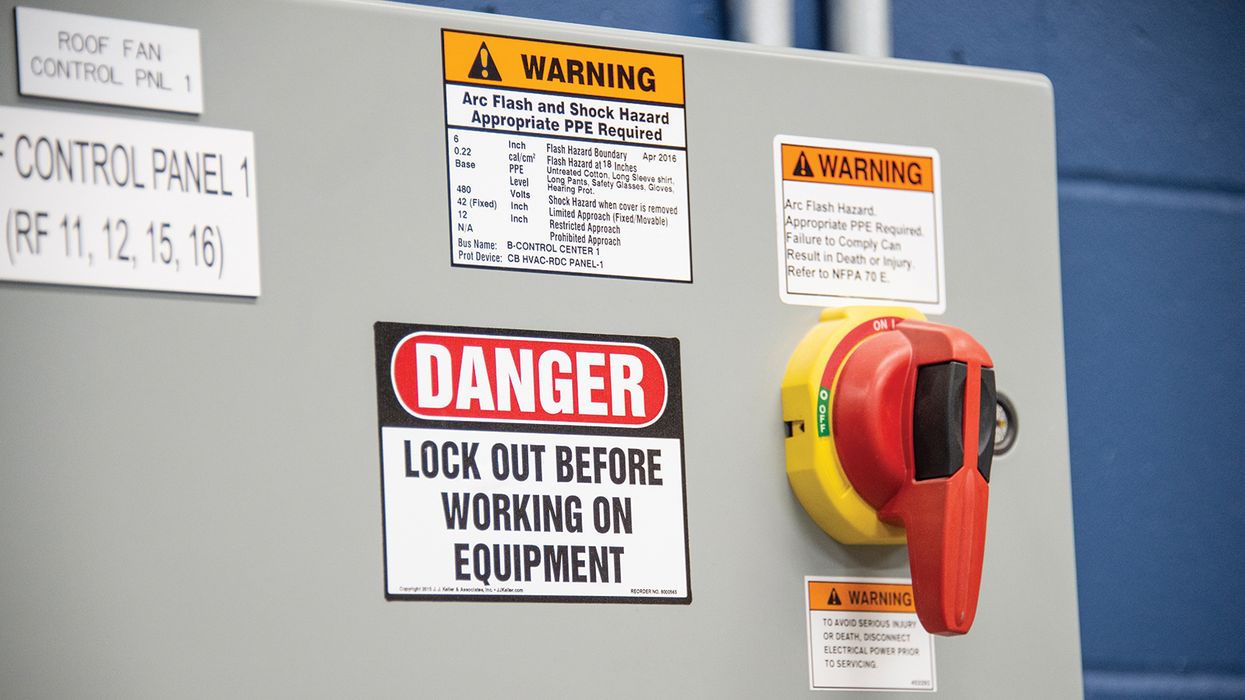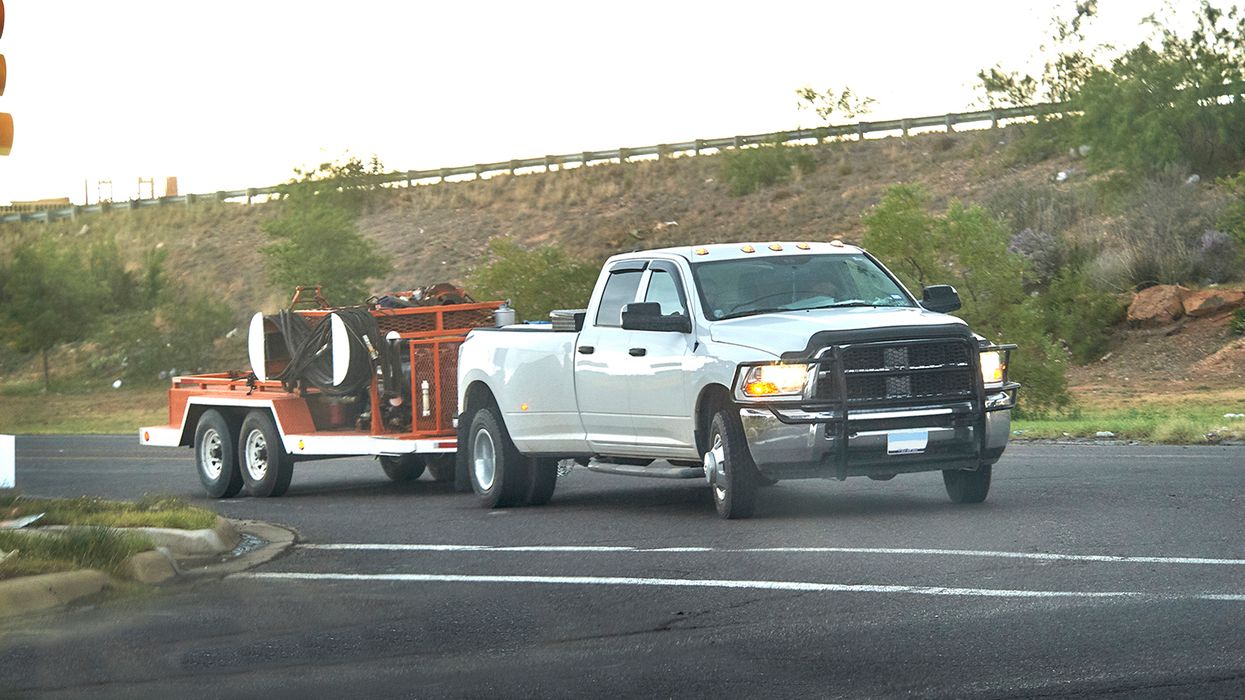When permitted (not required) to test CDL drivers
DOT drug and alcohol testing rules clearly spell out when you must drug or alcohol test someone operating a vehicle requiring a commercial driver’s license (CDL).
But DOT provides some optional provisions for testing when specific criteria are met.
Pre-employment alcohol tests
Motor carriers need a negative DOT pre-employment drug test before any CDL driver performs safety-sensitive functions (SSFs) for them for the first time.
Pre-employment alcohol testing is an optional provision for these same drivers, providing:
- The test is conducted before the driver performs any SSFs;
- The motor carrier treats all employees performing SSFs the same (the motor carrier doesn’t test some employees and not others);
- The test is conducted after the motor carrier makes a contingent offer of employment or transfer, subject to the driver passing the test;
- All tests follow Part 40 procedures; and
- The driver doesn’t perform SSFs if the test result is 0.04 or more.
Negative dilute with creatinine level over 5mg/dL
The action you take following a negative dilute drug test depends on the lab result that is reported to the medical review officer (MRO).
For those specimens outside of range of human urine (creatinine level of 2mg/dL – 5mg/dL), the MRO instructs the motor carrier to send the driver for a recollection under direct observation. This test is mandatory, not optional.
A negative dilute with a creatinine level over 5mg/dL will not require a retest. The result is treated the same as negative, and no further action is required. However, a motor carrier can elect to have a retest policy.
The policy must identify which test types will require a retest (pre-employment, random, post-accident, reasonable suspicion, return-to-duty, and/or follow-up tests). The driver must be aware of this policy prior to participating in DOT testing for the carrier.
The company-directed retest:
- Must use a DOT chain of custody form,
- Can’t be under direct observation,
- Is administered with minimum possible advance notice to the driver, and
- Must be consistently applied to all drivers under the same circumstances.
The result of the retest is the test of record. A driver who refuses to take this company policy test has refused to test, which has the same consequences as a positive result.
Self-admission programs
A driver can voluntarily admit to having a drug or alcohol problem without the motor carrier taking adverse action if the employer has a self-identification policy as provided in 382.121.
This policy offers drivers a path to recovery, including treatment. Motor carriers are given a testing mechanism before returning the driver to SSFs. Drivers must take a non-DOT return-to-duty alcohol test with a result of less than 0.02 and/or a non-DOT return-to-duty drug test with a verified negative result. Motor carriers may incorporate monitoring and include non-DOT follow-up testing.
What is not permitted under DOT?
Any testing outside of what is outlined in Parts 40 and 382 must be under company policy (a drug-free workplace program). Testing must be separated from DOT programs, using non-DOT testing forms and holding no DOT consequences.
A word of caution: When not mandated or permitted to test under a regulatory authority, it’s best to consult with an employment law expert. State and federal employment law dictates what is permitted.
Key to remember: There are specific instances in the regulations when a motor carrier may have a policy to test under DOT authority. Any testing outside of required testing and optional provisions default to employment laws.

